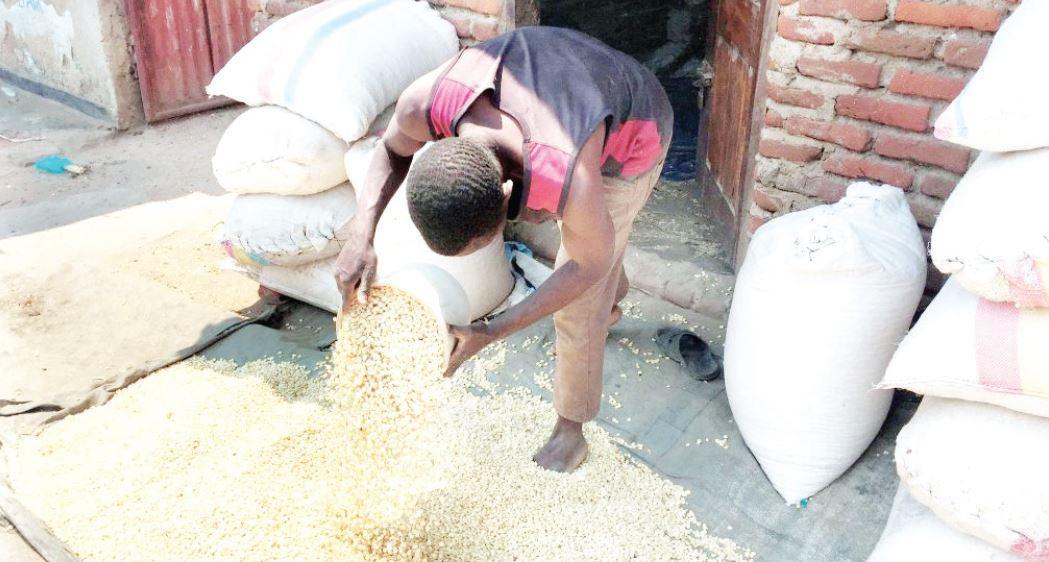By Taonga Sabola
Africa-Press – Malawi. The Institute of Chartered Accountants in Malawi (Icam) has said Malawi does not meet the full criteria of a hyperinflationary economy under International Accounting Standards 29 (IAS 29).
In Notice No. PN2025-01: Assessment of Hyperinflation in Malawi according to IAS 29-Financial Reporting in Hyperinflationary Economies, Icam President Daniel Jere said that this is despite Malawi exceeding the quantitative inflation threshold.
IAS 29 applies to any entity whose functional currency is the currency of a hyperinflationary economy.
Hyperinflation is indicated by factors such as prices, interest and wages linked to a price index, and cumulative inflation over three years of around 100 percent or more.
Icam says as at March 31, 2025, cumulative inflation in Malawi over a three-year cycle reached 118.4 percent up from 112.7 percent as per previous assessment as at November 30 2024, surpassing the 100 percent IAS 29 threshold.
Jere was quick to note that despite the high inflation, other qualitative indicators of hyperinflation were not evident as at that date.
“Most prices remain quoted in Kwacha, and the population continued to value it as legal tender for transactions in the country. There was no evidence of widespread immediate investment of local currency to preserve purchasing power or of prices and wages being indexed to inflation,” Jere said.
The accountants’ chief acknowledged that the prolonged shortage of foreign currency led to a reliance on the parallel market, which contributed to inflationary pressures.
He further appreciated that food inflation remained relatively higher than anticipated due to maize shortages in some parts of the country.
“This notwithstanding, sales and credit transactions were still largely based on historical costs, interest rates remained stable (with policy rate remaining at 26 percent per annum) and wage adjustments were not aligned with CPI changes,” Jere said.
Scotland-based economist Velli Nyirongo said Malawi’s inflation over the last three years has gone above 100 percent, which is a high level.
Nyirongo said normally, when a country’s inflation is this high, it can be called hyperinflation.
“However, according to international accounting rules (IAS 29), it is not just the number that matters; other signs must be present too—such as people quickly spending their money before it loses value, prices and wages being tied to inflation and people using foreign money instead of the local currency,” Nyirongo said.
He observed that in Malawi, even though inflation is high, these other signs are not clearly happening.
“Most people still use the Kwacha for buying and selling, and prices are not changing as quickly as you would expect in a hyperinflation situation. Wages are not being changed often to keep up with rising prices, and interest rates have stayed steady. There is a shortage of foreign currency, which makes things more expensive, but not enough to say Malawi is fully in hyperinflation,” he said.
Blantyre-based economist Marvin Banda said even though Malawi seems to be experiencing runaway inflation, which exceeds the 100 percent IAS 29 threshold, forces behind the bloated CPI indicate what the country has always known; that inflation in Malawi remains a food and public debt problem.
“This is why the other criteria for hyperinflation is not met. The fact that there is high appetite for public debt is an indicator that the economy still trusts the Kwacha as a medium of transaction and as a relative store of value, even though it is a weak one.
“In hyperinflation ridden economies, there is a strong desire to invest in non-monetary assets, which hasn’t been the case for Malawi. The stability of the interest rate over the past couple of quarters is also a good indicator that the largest part of the inflation build-up is transitory,” Banda said.
For More News And Analysis About Malawi Follow Africa-Press






